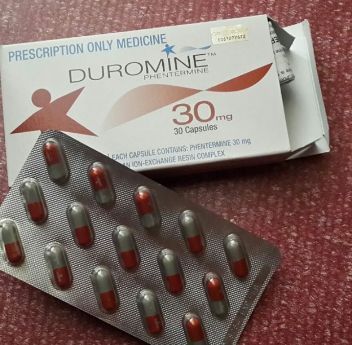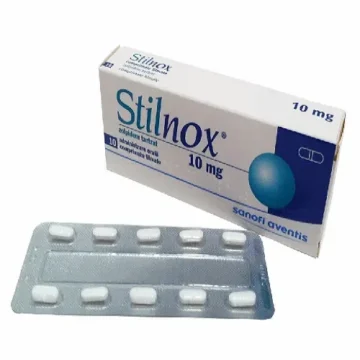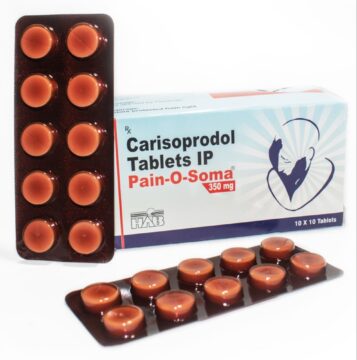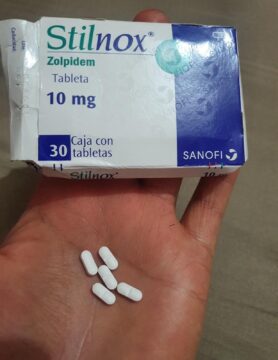- You have no items in your shopping cart
- Continue Shopping
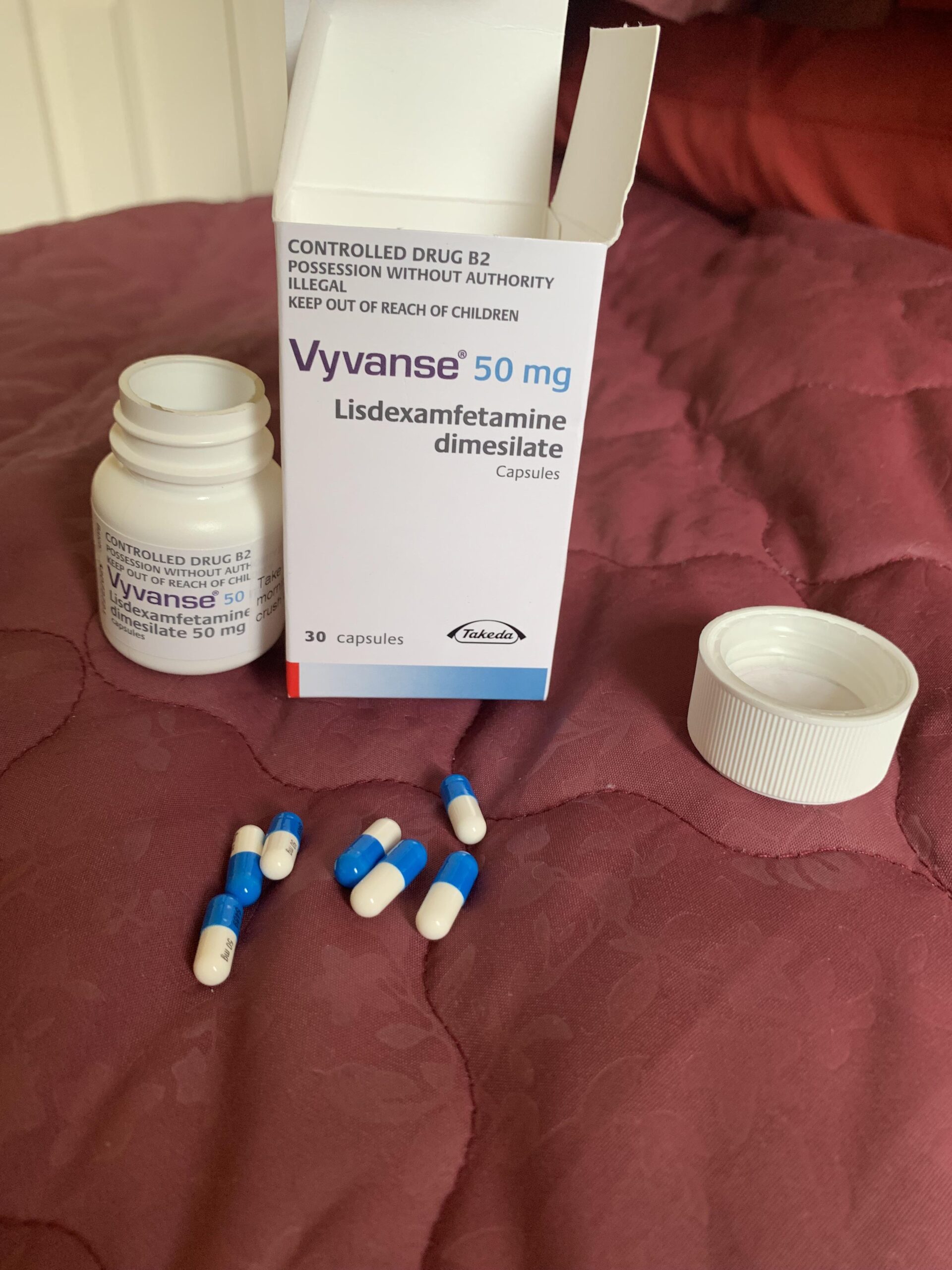
Vyvanse 50Mg Duration, Vyvanse (lisdexamfetamine dimesylate) is a prescription medication commonly used to treat attention deficit hyperactivity disorder (ADHD) and binge eating disorder (BED). When prescribed in a 50mg dose, patients often wonder how long Vyvanse will last in terms of effects, dosage duration, and how it impacts daily life. Here, we’ll explore these aspects, focusing on the 50mg dosage.
Shop Now: duramine purchase
1. How Vyvanse Works
Vyvanse is a central nervous system stimulant that increases the activity of certain neurotransmitters, specifically dopamine and norepinephrine, in the brain. These chemicals help regulate attention, focus, and impulse control, which are often areas of difficulty for people with ADHD. Unlike other stimulants, Vyvanse is a prodrug, meaning it is inactive until it’s metabolized in the body. This design provides a smoother onset of effects, which helps reduce sudden highs and lows that can lead to irritability or crashes.
2. Duration of Vyvanse 50mg
The 50mg dose of Vyvanse is commonly prescribed for moderate levels of ADHD or BED. The effects of this dose can typically last between 10 to 14 hours, depending on various individual factors. Here’s a breakdown:
- Onset of Action: Vyvanse generally begins to take effect within 1 to 2 hours of ingestion.
- Peak Effects: Most people experience the peak concentration of Vyvanse within 3 to 4 hours after taking it, during which they feel its maximum benefits.
- Effective Duration: For most individuals, the effects last around 10 to 12 hours, although some may feel benefits extending up to 14 hours.
Since Vyvanse is designed to be a long-acting medication, it typically covers an entire day. It is often prescribed as a once-daily dose in the morning, allowing individuals to complete work or school activities with sustained focus and reduced symptoms of ADHD or BED.
3. Factors Influencing Vyvanse Duration
Several factors can influence how long the 50mg dose of Vyvanse lasts, including:
- Metabolism: People with faster metabolic rates may process Vyvanse more quickly, which can reduce the duration slightly.
- Age: Vyvanse may last longer in children and teenagers than in adults, as they metabolize the drug differently.
- Diet and Timing: Taking Vyvanse with food can delay its absorption, potentially impacting the duration and onset of effects.
- Tolerance: Over time, some individuals may build a tolerance to the medication, which can reduce its duration and effectiveness.
4. Managing Vyvanse Duration and Potential Side Effects
Since Vyvanse is a stimulant, some users may experience side effects, particularly as the medication wears off. These can include irritability, fatigue, or difficulty sleeping if taken later in the day. To maximize the benefits and manage any potential side effects:
- Take Vyvanse Early: A morning dose helps to ensure that the effects wear off by the evening, reducing sleep disturbances.
- Stay Consistent: Taking Vyvanse at the same time daily helps your body develop a routine, which may enhance effectiveness and duration.
- Avoid High-Fat Meals Before Dose: Fatty foods can slow the release of Vyvanse, impacting how quickly the medication takes effect.
5. Vyvanse 50mg vs. Other Dosages
While 50mg is a common dose, Vyvanse is available in doses ranging from 10mg to 70mg. The appropriate dose varies by individual, based on the severity of symptoms and how well they tolerate the medication. Those who find 50mg effective but experience a shorter duration may speak with their healthcare provider about adjusting the dose or exploring other options to maintain consistent symptom control.
6. When to Talk to a Doctor
If you’re on Vyvanse 50mg and find that it’s not lasting as long as you need, or if you experience significant side effects, speak with your doctor. They may recommend adjusting the dose, timing, or considering other treatment options to help better manage your symptoms.
Conclusion
Vyvanse 50mg offers a long-acting, steady effect that helps many people manage their ADHD or BED symptoms throughout the day. With a typical duration of 10 to 14 hours, it’s designed to provide sustained focus and control. However, individual experiences may vary, so working closely with a healthcare provider to find the optimal dose and routine is essential for achieving the best results.

